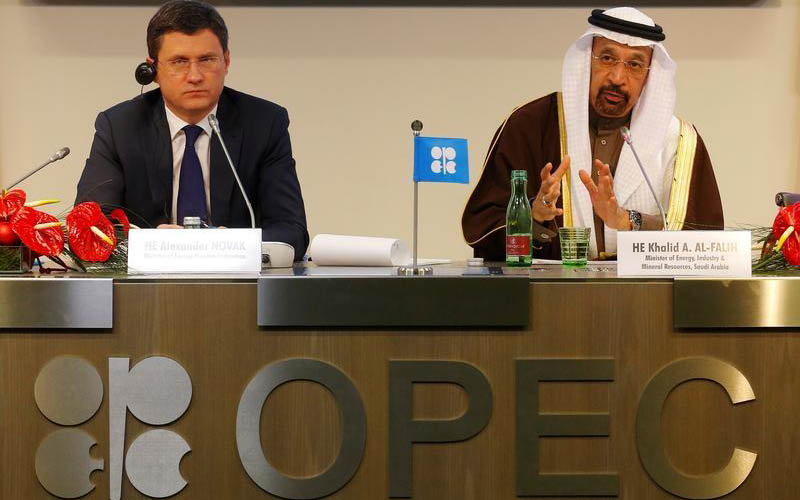At the latest OPEC summit, members’ decision to extend production and supply cuts to the world oil market failed. Russia refused to reduce its production by 1.5 million barrels a day. Saudi Arabia also objected to a $7 per barrel drop in oil prices for Chinese customers while increasing crude production to 2 million barrels.
The oil war began three weeks after the Trump administration sanctioned Russia’s Rosneft. Recently, the rapid spread of the Coronavirus in the world has caused global oil demand to fall and crude oil prices drop 30 per cent. Under these circumstances, the OPEC advisory committee had proposed a drop in output by another 600,000 barrels a day in anticipation of a decline in crude oil demand in 2020 to prevent a further fall in oil prices.
Russia’s refusal to support output cuts was the most important cause of this failure, and as a result, crude oil prices fell sharply. Russia’s action could be significant in the sense that it will face problems in budget regulation if it sells oil for a price of less than $100 a barrel. Moscow has opted for obstruction in OPEC’s strategy to hurt the US economy by making the Shale oil business uneconomical. As oil prices fall, the economic benefits of Shale oil in both the United States and Canada will disappear and the cost of producing and extracting will be more than sales revenues.
On the other hand, the drop in Shale oil production means more pressure on US oil companies, which also have huge debts. Also, although the decline in oil prices is hurting the Russian economy, it can attract new customers by increasing supply amid OPEC’s need to reduce supply to prevent a further fall in crude prices and follow its monopolistic role in dominating the European energy market.
Russian strategy aims at winning energy markets and increasing exports to East Asia, the Baltics, the Black Sea and the Arctic. Currently, the share of energy from Russia’s export earnings is more than65 per cent and its share in the country’s GDP is over 25 per cent. Thus, such a strategy would face lesser obstacles in weakening the US position as the world’s largest oil-rich country, and could also put pressure on Russia to reduce its energy sanctions.
Saudi Arabia also needs at least $80 p/b to fund its budget but such a piece is out of the question at present. Putin’s heavy reliance on the oil industry and energy in general, however, confirms that he is not just focused on interacting with OPEC and that Russia’s strategy goes beyond a strategic struggle to gain market share and the blow to US Shale producers is in response to sanctioning Russian oil company Rosneft.
In sum, Saudi Arabia and Russia have been at the heart of the three-year alliance of oil producers known as OPEC Plus. But an OPEC envoy said that the failure of the deal will cause Saudi Arabia to supply as much oil as its customers want. This shows that despite Saudi Arabia’s new oil minister to re-establish Saudi authority in OPEC, non-OPEC Russia has taken the upper hand in influencing its decisions.
Russia’s creeping penetration in OPEC as a mate to OPEC and its non-cooperation with OPEC in its latest bid to avert further damage to member states shows that OPEC’s monopoly power in the oil market before being defeated by America’s growing power in production and extraction of Shale oil is struck by the double standards strategy of its members with non-member allies. The experience of the unilateralism and double standards is abundant in OPEC’s history and has shown its oil price declines in various periods.










0 Comments